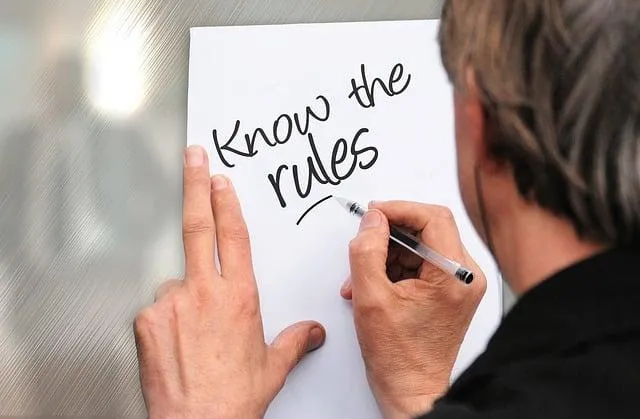
Understanding Repossession Laws: Your Rights and Remedies
In the world of financial transactions, repossession can be a daunting prospect. Whether it's a car loan, a home mortgage, or another secured debt, falling behind on payments can lead to repossession. But what exactly are your rights as a consumer, and what remedies do you have in case repossession becomes an imminent threat? In this comprehensive guide, we'll delve into the realm of repossession laws, helping you understand your rights and explore potential solutions.
What is Repossession?
Repossession is a legal process that occurs when a borrower defaults on a loan, and the lender takes back the asset used as collateral to secure the loan. The most common example is vehicle repossession, where the lender seizes the car when the borrower fails to make timely payments. However, repossession can also apply to other assets such as real estate or personal property.
Your Rights in Repossession:
As a consumer, you have certain rights protected by law when facing repossession. The specific rights may vary depending on your state's laws and the type of asset being repossessed. Some common rights include:
a) Notice: Lenders must provide notice before repossession. This notice typically informs the borrower of the default and gives them a chance to catch up on missed payments.
b) Right to Reinstate: In some cases, borrowers have the right to reinstate the loan by paying the outstanding amount along with any associated fees before the repossession sale.
c) Right to Redemption: Depending on the state, you may have a right to redeem the asset after repossession by paying off the loan balance and associated costs.
d) No Breach of Peace: Lenders cannot use force, threaten violence, or breach the peace while repossessing an asset. Any violation of this right may render the repossession unlawful.
e) No "Self-Help" Repossession: Lenders cannot repossess an asset on their own without following the legal process. They must obtain a court order or comply with specific repossession laws.
Remedies for Repossession:
If you find yourself facing repossession or have already undergone the process, several remedies might be available to you:
a) Negotiate with the Lender: Sometimes, open communication with the lender can lead to modified payment plans or other arrangements, allowing you to keep the asset and avoid repossession.
b) Reinstate the Loan: As mentioned earlier, you may have the option to reinstate the loan by paying off the outstanding balance and any applicable fees.
c) Redemption: If your state allows it, you may be able to redeem the asset after repossession by paying the full loan amount and associated costs.
d) File for Bankruptcy: Bankruptcy may provide temporary relief from repossession due to the automatic stay, but it's essential to understand the long-term implications of this decision.
e) Seek Legal Advice: Consulting with an experienced attorney specializing in consumer finance and repossession can help you explore all possible remedies and legal options.
How to Avoid Repossession:
Preventing repossession is preferable to dealing with the consequences afterward. Here are some tips to avoid repossession:
a) Budget Wisely: Create a realistic budget and allocate funds for loan payments to ensure you stay current on your debts.
b) Communicate with the Lender: If you anticipate financial difficulties, communicate with your lender early on. They may offer temporary relief or alternative payment arrangements.
c) Refinance or Modify the Loan: Depending on your circumstances, refinancing, or modifying the loan terms may make it more manageable for you to keep up with payments.
d) Explore Assistance Programs: Some government and nonprofit organizations offer assistance programs to help borrowers facing financial hardship.
e) Consider Selling the Asset: If repossession seems inevitable, consider selling the asset yourself and using the proceeds to pay off the loan. This might salvage your credit score and help you avoid repossession-related fees.
Facing repossession can be a stressful and challenging experience, but understanding your rights and remedies can empower you to navigate this situation more effectively. Remember to communicate with your lender, explore all available options, and seek professional advice if needed. By staying informed and proactive, you can protect your interests and make informed decisions during times of financial difficulty.
